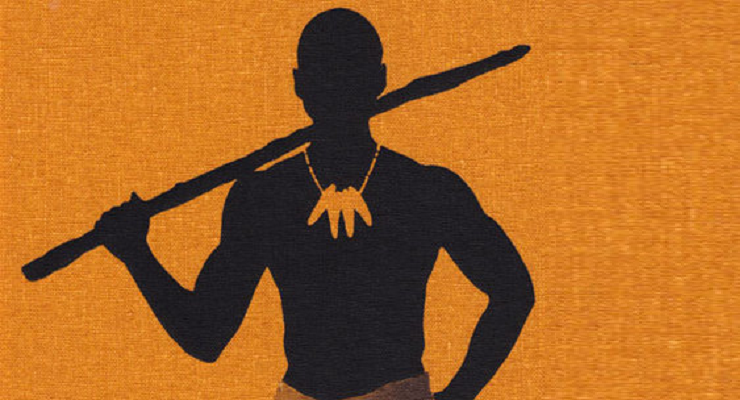Honor and reputation play a central role in the society of Umuofia depicted in Chinua Achebe’s novel “Things Fall Apart.” These concepts are deeply rooted in the traditional culture of the Igbo people, and they shape the behavior and decisions of the characters in the novel.
In the society of Umuofia, honor is closely tied to masculinity and warrior prowess. Men are expected to be strong, brave, and successful in battle, and their reputation is based on their ability to meet these expectations. Okonkwo, the novel’s protagonist, embodies these ideals. He is a skilled wrestler, a fearsome warrior, and a successful farmer who has achieved a high status within his community. He is motivated by a deep fear of being perceived as weak or unmanly, and he works tirelessly to maintain his reputation as a powerful and respected member of society.
Reputation, on the other hand, is based on a person’s conduct and behavior within the community. It is closely tied to the concept of “obanje,” or the belief in reincarnated children who are destined to die young. A person’s reputation is believed to influence the behavior of these spirits, and a bad reputation can bring misfortune and tragedy to a person’s family. Therefore, maintaining a good reputation is not only a matter of personal pride but also a way of protecting one’s family and community from harm.
The importance of honor and reputation is reflected in the way that the characters in the novel interact with one another. The desire for honor and respect leads many characters to engage in competitive and sometimes violent behavior. For example, Okonkwo’s rivalry with his fellow wrestler, Ikezue, leads to a physical conflict that results in the death of a boy. Similarly, the conflict between Okonkwo and his adopted son, Ikemefuna, is fueled by Okonkwo’s desire to prove his own masculinity and reputation to the other men in his community.

The desire for honor and respect also shapes the way that the characters respond to the arrival of the Christian missionaries and the introduction of Western culture. The missionaries’ message of forgiveness and humility is seen as a direct challenge to the traditional values of Umuofia, and many of the characters view it as a threat to their own honor and reputation. This leads to tension and conflict between the two cultures, ultimately resulting in violence and tragedy.
However, the novel also suggests that the concept of honor and reputation can be problematic and ultimately lead to downfall. Okonkwo’s obsession with maintaining his reputation and avoiding weakness ultimately leads him to commit acts of violence and cruelty, and his downfall is a direct result of his inability to adapt to changing circumstances and let go of his need for honor and respect.
Furthermore, the novel suggests that the concept of honor and reputation is based on a narrow and limiting definition of masculinity. The emphasis on physical strength excludes other forms of strength and achievement, such as intellectual or emotional intelligence, and limits the opportunities available to women and other marginalized groups in the society. By highlighting the limitations of this definition of masculinity, the novel encourages readers to question and challenge traditional gender roles and expectations.
In conclusion, the concepts of honor and reputation are central to the society of Umuofia depicted in “Things Fall Apart.” They shape the behavior and decisions of the characters and reflect the values and beliefs of the Igbo people. However, the novel also suggests that these concepts can be problematic and ultimately lead to downfall. By exploring the limitations of traditional gender roles and expectations, the novel encourages readers to question and challenge these concepts and to embrace a more diverse definition of strength and achievement.